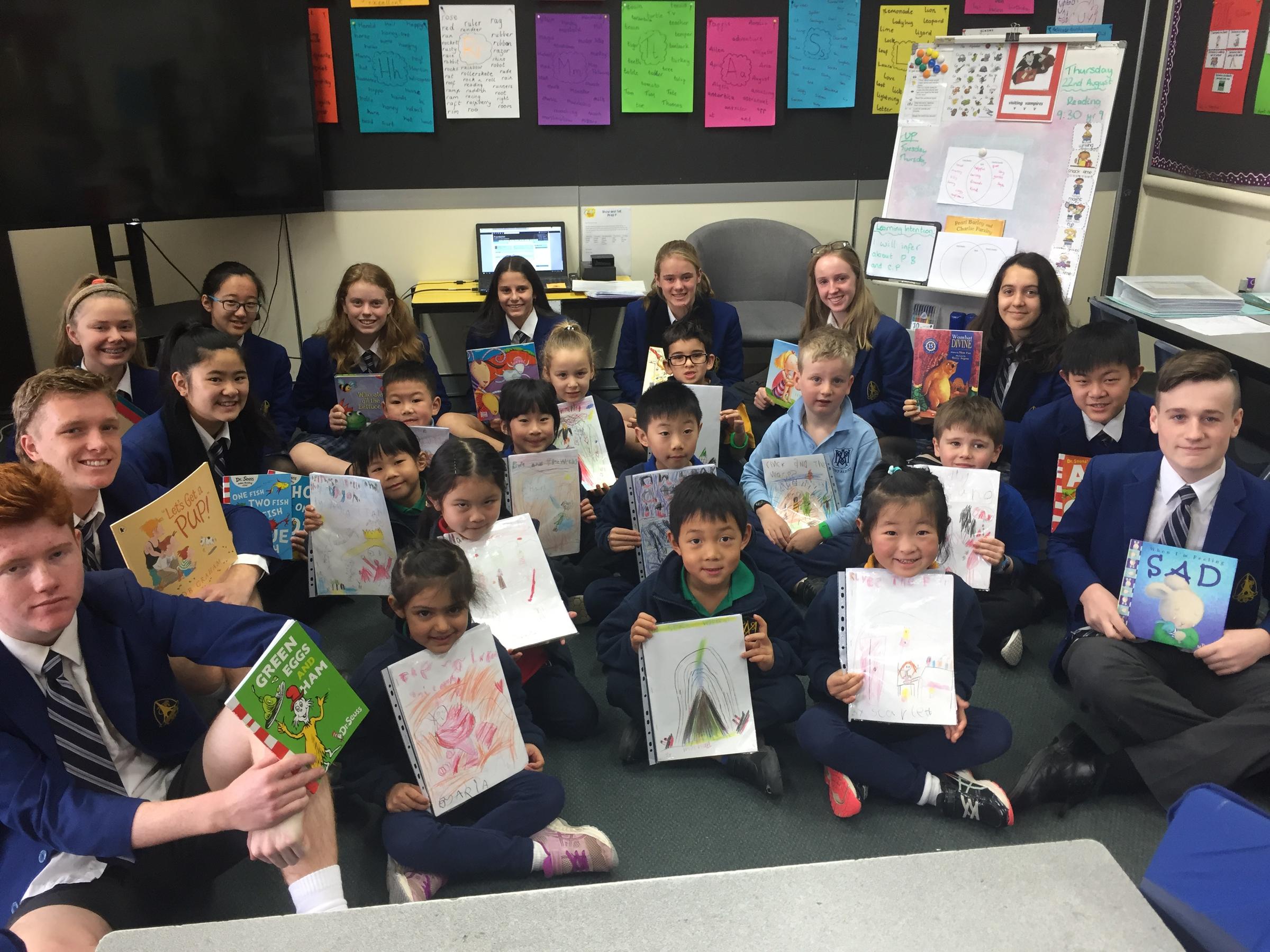Middle Years
Middle Years Update
A few weeks back I had a chat with an 'older' (70 something) friend asking what she thought of the climate change demonstrations.
Her response was quite firm about the level of disruption to other people trying to get to work or move through the city. She felt that the extreme measures taken by some demonstrators detracted from an issue which needs a balanced level of input from both sides, as well as those who are still not sure as to the extent of the problem.
We talked about heat and drought of years gone by. She recalled how during some of the heat waves, the only way to keep cool was to go down into the cellar under the house where the family stored produce to keep it fresh. Blistering hot nights forced them to sleep outside on what was left of the lawn.
There were too many times that farmers were forced to shoot their cattle rather than see them die of starvation, as crops failed during the drought and there was no grass left for them to eat. The farms were dust bowls.
Fires, both grass fires and bush fires left them pondering lucky escapes but deeply scared by the trauma which surrounded them.
The community efforts in those times inspired the family and amazed them, with volunteers fighting around the clock risking their lives to help others and people baking food for the volunteers and those forced to evacuate. Others providing those forced out of their homes with basic necessities like toothbrushes and changes of underwear, and arranging collections of clothing donations so that something as simple as putting on clean clothes was possible. Many people invited others into their homes for emergency accommodation.
Her family also suffered the impact of a flood that rushed through their home ruining everything that was not at least a metre above floor level. My friend was too little at the time to recall this event but carries a vivid picture of the stench and the mud and slime left behind when the waters receded through the descriptions given by her parents and siblings. That was an experience never to be forgotten.
Once again they were overwhelmed by the love and support of the local community, again strangers chipped in to help just like the help given in the fire ravaged areas. This time neighbours took in their family of two adults and four children for nearly two months before their house was again fit for occupation. The generosity of that family was extraordinary.
The Australian spirit of looking after those in danger or down on their luck came shining through in all those people who took the time to care.
As these natural disasters and extreme periods of heat are recalled the term 'climate change' seemed a little less of a doomsday consideration. This is not to say that we should not be concerned about the influence of man on changes in our climate, but we need to be aware that alarmist dealings with the issue at such rallies, as Melbourne has recently seen, can be a source of stress for our children.
My friend wondered aloud how prepared our young people are to make sacrifices to help the environment in simple ways. For example, she was brought up to value every drop of water used in the house. She remembered having to use the same bathwater for every member of the family. During summer the hand basin was filled in the morning and everyone had to wash their hands in that water for the whole day. Anyone who absentmindedly pulled the plug was in big trouble. To this day she keeps jugs in the shower, the laundry and kitchen to collect the cold water which comes through before the water warms up. This is used for pot plants and water for the dog.
Would our young ones be prepared to use public transport, ride bikes or walk instead of owning a car. She reminds me that her family never owned a car until she was an adult.
Then again they didn't have a telephone either until she was about 15. It is hard to imagine how families coped. She is convinced that we and generations to come would not be prepared to even consider reducing the number of phones we have per family.
We design buildings and houses which need air conditioning and heating. We select houses which have no eaves and which do not take advantage of a northerly aspect.
The conclusion which we reached together was that no matter what our thoughts are on climate change we as a society need to raise awareness of looking after our planet.
From big things from little things grow
Our students can start with little things such as taking responsibility for separating family rubbish into the correct bins.
They might decide that kitchen waste can be recycled by starting a worm farm or compost bin. (Keep an eye out for these at garage sales!)
In the family bathroom, if a few family members get on board, a bucket in the shower to catch water, provides water to flush the toilet. By the way, if the kids are serious about conserving water those showers will be very short!!!!
Perhaps they can become aware of keeping the doors closed when the air conditioner is on and turning the lights and the television off when they leave the room.
They might even discover the joys of growing plants and gardening.
Those with an artistic flair might start recycling by reusing 'junk' to create pieces of art; you never know this could be the start of them marketing garden ornaments.
Your creative children are capable of finding much better ideas than these as to how to save our precious resources and do our bit for our planet!
By showing that we care for our environment we help to raise the awareness of a whole new circle of people. So it is that BIG THINGS FROM LITTLE THINGS really do GROW.
Extra-Curricular Excellence
Max recently travelled up to Brisbane to compete in Round 1 of the National Junior Track Series (NJTS). He was representing his cycling club, Carnegie Caulfield along with 5 other club team mates.
This series travels to three major cities, Brisbane, Sydney and Melbourne and the cyclists compete in 8 events across two days of racing. They accumulate points across each round and the winner of the series is determined by the one who has the most points.
Max had some terrific results, winning one race, coming second in another, and fourth place on two occasions.
Max will be flying to Sydney in December to compete in Round 2.
I have attached a few photos below and Max is number 13 in the action shots.
Max is also currently competing in the Victorian Interschool Championships for road racing where he is representing Koonung. He finished 2nd in race 1 and is competing in race 2 for this series tomorrow.

